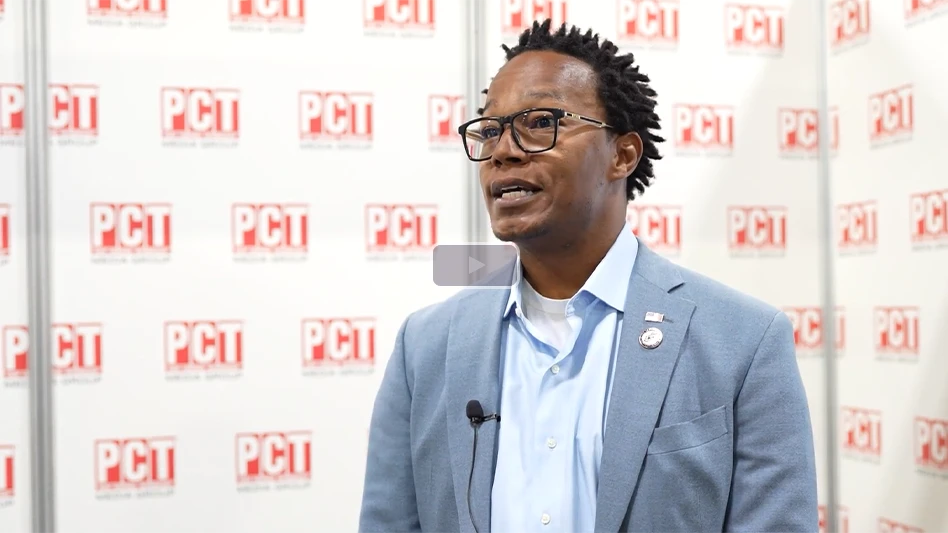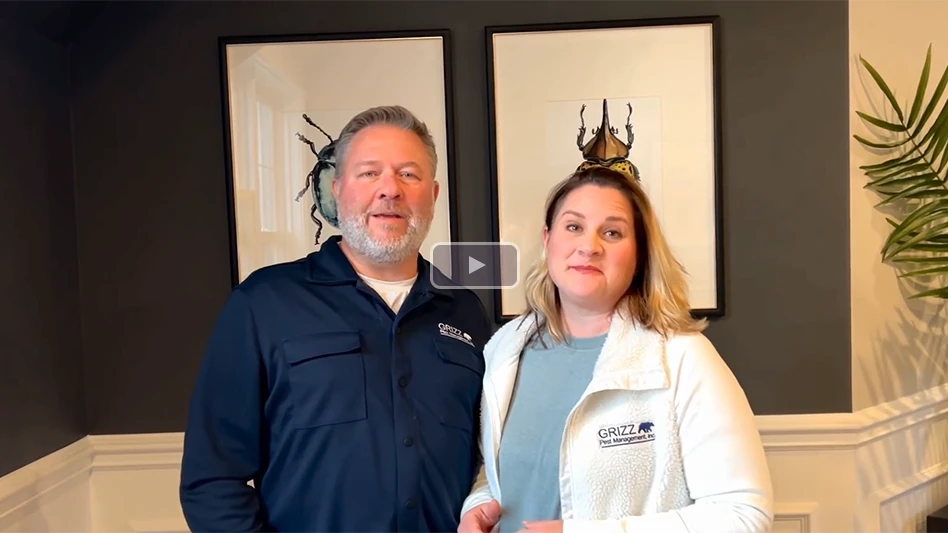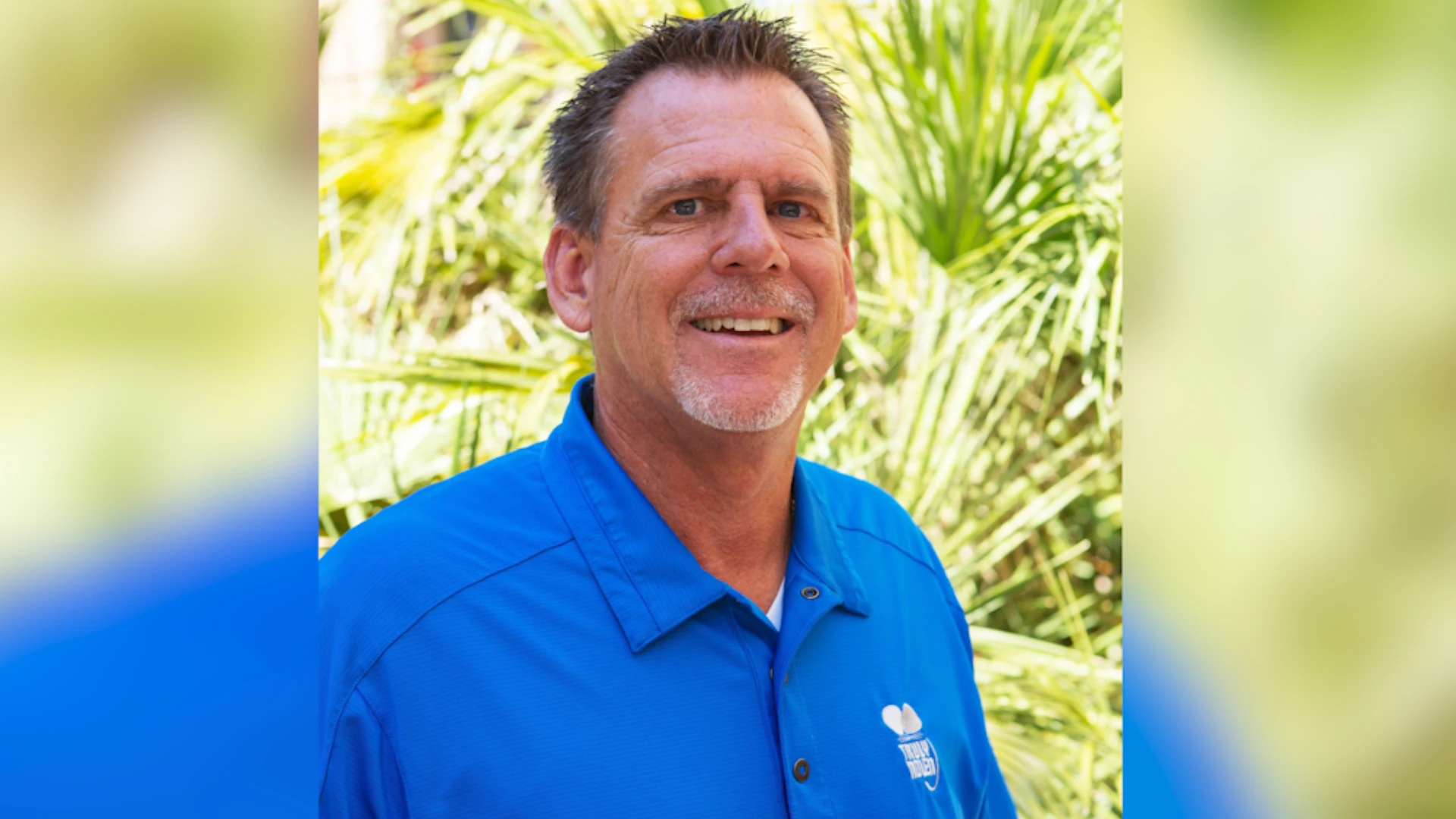One of my first instructors when I started pursuing my career in pest control 21 years ago was the legendary Dr. Austin Frishman, and what he told our class that first day at the State University of New York at Farmingdale has stayed with me over the years. He told us that each individual could be whatever they wanted to be in the field of pest control.
My dream — one that was shared by others in my class — was to become a Board Certified Entomologist (BCE). However, that is easier said than done.
Becoming a BCE requires formal educational credentials (at minimum a bachelor’s degree in entomology or related field), specific years of in-the-field experience, and successfully passing the examination.
If you are working full-time in the industry, coaching Little League, driving your daughter to dance class and trying to keep the grass cut to a decent length so the neighbors don’t complain, going back to school is not always an option, and the college or university nearest you may not offer entomology classes. It can seem overwhelming and even impossible.
But what can a person with multiple years of hands-on experience in the pest management industry who holds a bachelor’s or even master’s degree do to pursue his or her dream of becoming a certified entomologist?
They can take advantage of the Associate Certified Entomologist (ACE) program offered through the Entomological Society of America. Offered as an alternative to the BCE program, the ACE designation is geared more towards those with hands-on training in structural pest management.
The program is designed to benefit practicing pest control professionals. You do not need an advanced degree to participate, just a solid grasp of the practical aspects of applied entomology. Applicants to the ACE must have the following:
A current pesticide applicator’s license and the ability to send a copy of that license to the ESA’s Certification Coordinator.
A minimum of seven years of verifiable pest management experience.
The ability to take and pass an online test of your knowledge of structural pest control.
The application fee, which includes your first year of certification and the online examination.
A willingness to adhere to the ACE Code of Ethics.
How to Become an ACE. Your first step is to join the Entomological Society of America. Even though it is not a requirement, they are the certifying authority with an extensive library of reference materials. Their website — www.entsoc.org — lists clear instructions, an 18-question sample exam, learning resources and the application which can be submitted online. There is also a PowerPoint presentation from ESA called the "ACE Preparation Course" that you can download and study at your own pace. I still use this information as a quick reference.
The second most important resource is the ACE Study Guide from the ESA. It contains specific material on the ACE qualifying exam. Study tips are highlighted throughout this guide and are extremely valuable in understanding the information required to pass the exam.
My personal recommendation for study material in addition to ESA’s Study Guide is Truman’s Scientific Guide to Pest Management Operations by Bennett, Corrigan and Owens, along with your home state’s certification manuals. The guide is easy-to-read, comprehensive and a solid resource. You can also take the Purdue University Correspondence Course in Pest Management Technology, which is based on Truman’s Scientific Guide.
The online exam is completely electronic and "closed-book." It consists of about 150 questions and you will have three hours to complete the exam. You must achieve a 75 percent score or better to pass the exam. The test is both difficult and fair, but preparation is the key. Spend a couple of hours every night after dinner for a month or two reading the material and taking notes.
The exam fee of $125 includes your application as well as your first year of certification. The annual certification renewal fee is $100 and the re-testing fee is $10. Should you fail the exam, you must wait 90 days but no longer than 365 days to retest. If you fail the exam, ESA will contact you and offer suggestions on how to improve your score for the next test date.
I was excited and apprehensive about starting the whole process, as well as worried about the test — how would it look if I failed? Then I got a call from Rick Allen from Residex, one of our primary distributors, who shared with me his ACE experience. Allen’s positive input gave me the confidence boost I needed. Likewise, I recommend you surround yourself with positive associates through the process. Finally, read up on how to take a test (www.ehow.com). Understanding this can help increase your score on almost any test.
Imagine when friends, family, co-workers or customers ask what you do and you respond, "I am an entomologist," with a warm smile on your face. It always makes me feel good inside.
The author is manager of training and education at Arrow Exterminating Co. in Lynbrook, N.Y. He can be reached at bwendell@giemedia.com.

Explore the October 2010 Issue
Check out more from this issue and find your next story to read.
Latest from Pest Control Technology
- MGK Announces EPA Registration of Botanical Active Ingredient Veratrine
- Termite Control Sales Strategies
- NPMA Announces ELP Class of 2025
- Termite Control Tools and Equipment for PMPs
- Choe Reviews Drywood Termite Geographical Hotspots, Latest Research Findings
- Mosquito Squad Announces Rebranding to Mosquito Squad Plus
- Pest Control Equipment: If it’s Critical, Back it Up!
- In Memoriam: Marybeth Wonson





